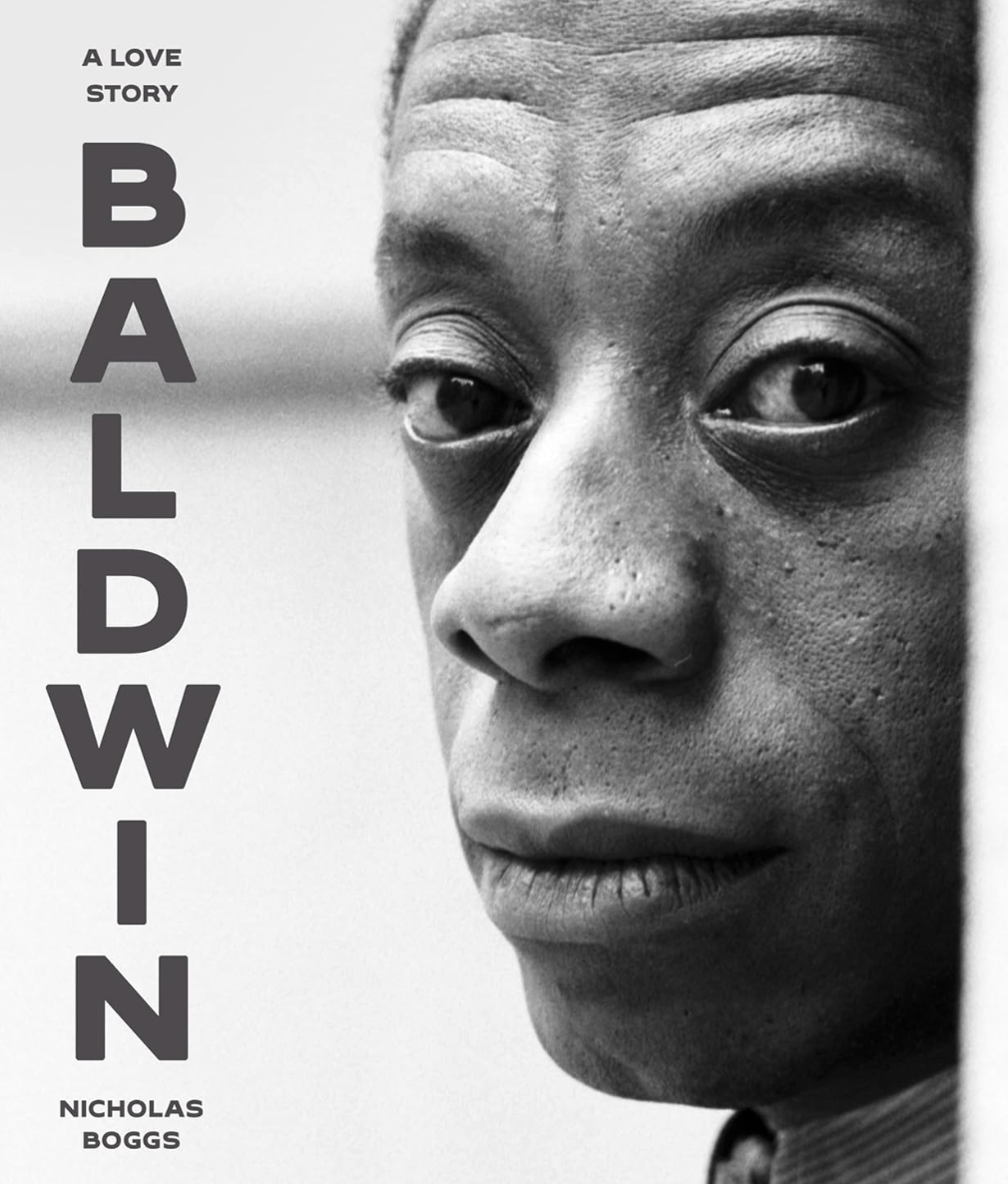Baldwin did not follow a healthy or a domestically stable life style. He chain-smoked, wrote all night, and drank his way through countless bottles of Johnnie Walker Scotch. He believed in family. He was close to his own, and toward the end of his life he said that not having children was his only regret. But he had numerous casual liaisons, several unrequited crushes, and a few long-term love affairs, all of which ended unhappily. He tried to kill himself at least three times.
Most of his journalism and all his books were published by white editors who did not always share his ideas on race relations. He was naturally fearful, but he was on the road and out in public during a time when people like him, including people he knew, were getting shot. Putting his message out took an enormous physical and psychic toll.
That message was simple. We’re afraid of love, because we’re afraid of exposing our true selves. To manage that fear, we invent meaningless categories—Black, white, homosexual, heterosexual—and “other” the groups we don’t belong to in order to avoid a reckoning with ourselves. In America, this manifests as “the race problem.” Until white Americans—or Americans who “think they are white,” as Baldwin sometimes put it—stop posing as innocents and confront who they are, until the country faces its history, until white people learn to love, there will never be genuine equality.
That’s pretty much all that Baldwin ever said, and he said it over and over in almost every essay, every book, every speech, and every interview. He had no interest in politics in the usual sense; he wasn’t interested in social programs, or civil-rights laws, or the equal-protection clause. If you asked his opinion on those things, he’d politely (usually) change the subject. He was quick, always ready with an answer, and it was always the same answer. William F. Buckley, Jr., was a champion debater at Yale, and fancied himself a forensic maestro; in a famous debate at the Cambridge Union in 1965, Baldwin clobbered him. He carried the room.
But what even sympathetic audiences often failed to grasp—misled, perhaps, by Baldwin’s sermonic style—was that his message wasn’t just hortatory. He meant it literally. He didn’t believe in reform; he believed in revolution. Anything less than a total social reckoning—a complete psychological makeover of white America—was worthless.
